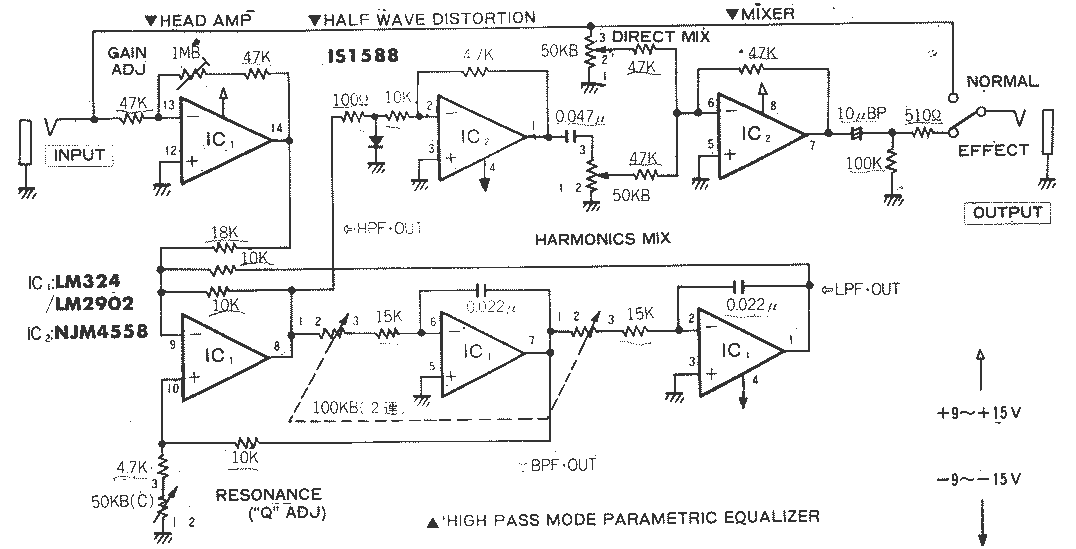I guess I meant to say that Finalizer is a physical hardware mastering suite as opposed to a software like Ozone, etc.
Also, isn't all mastering "processing the audio data resulting from a mix"? How else would it be done but from the mix? If you're mastering individual tracks while mixing, then isn't that still MIXING? I don't get what you're saying here.
About graphic EQs, are these what's used in radio stations so that all songs played are on the same volume level and same "sonics" or whatever? Usually each CD release are differently mastered and at different volume level and so on so if playing different bands or artists on radio these would all sound out of place because it's all over the place so what are the radio stations using to keep it all in place? Is it a graphic EQ or is it a maximizer that keeps all songs played on radio at same level and same "effect" (whatever that effect is) without changing the tone of the original song? This could not have been an EQ then since EQ can change the tone of the song, right? So what are the radio stations using to keep all songs at same level?
Also, isn't all mastering "processing the audio data resulting from a mix"? How else would it be done but from the mix? If you're mastering individual tracks while mixing, then isn't that still MIXING? I don't get what you're saying here.
About graphic EQs, are these what's used in radio stations so that all songs played are on the same volume level and same "sonics" or whatever? Usually each CD release are differently mastered and at different volume level and so on so if playing different bands or artists on radio these would all sound out of place because it's all over the place so what are the radio stations using to keep it all in place? Is it a graphic EQ or is it a maximizer that keeps all songs played on radio at same level and same "effect" (whatever that effect is) without changing the tone of the original song? This could not have been an EQ then since EQ can change the tone of the song, right? So what are the radio stations using to keep all songs at same level?
Computer and Finalizer are both digital harwares. The Finalizer is only super specialised in processing the audio data resulting from a mix.
About graphic EQ, they're mainly used in live situations because they allow to access very quickly to a particular region of the audio spectrum to kill a feedback problem. In studio, people have time to fine tune a parametric EQ to 1120 Hz, -5.2 dB and 2.3 Q when a live engineer uses the 1 KHz fader set to -7 dB with a constant Q in a second.
Last edited:




